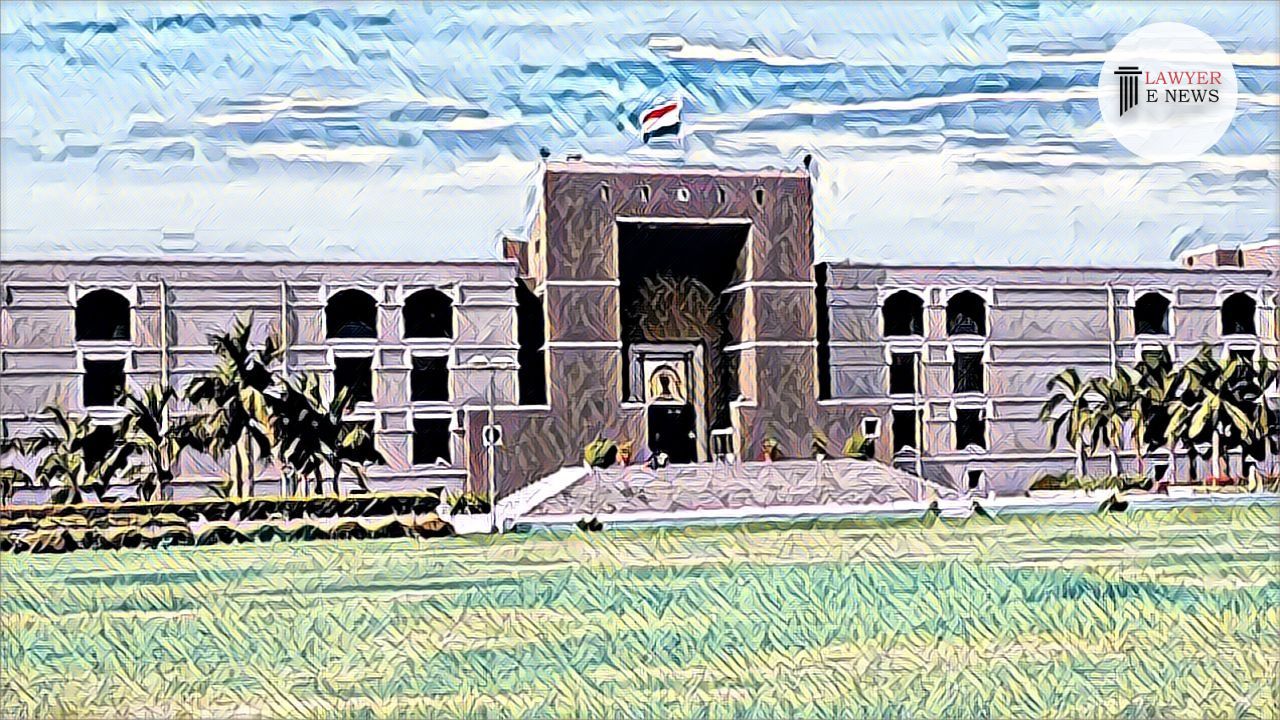-
by Admin
15 February 2026 5:35 AM



The High Court of Gujarat has dismissed an appeal challenging an arbitral award in a dispute between M/s. Sumac International Limited and Shree Narmada Khand Udyog Sahakari Mandali Limited. The court reaffirmed the limited scope of judicial review under Sections 34 and 37 of the Arbitration and Conciliation Act, 1996, emphasizing that the arbitral award did not suffer from any patent illegality or conflict with public policy.
The case involved a contract dispute over the supply and commissioning of a sugar plant. Sumac International Limited (the claimant) and Shree Narmada Khand Udyog Sahakari Mandali Limited (the appellant) entered into an agreement on December 29, 1990, for the supply and installation of the plant at a contract price of Rs. 16,60,00,000. The project was to be completed within 18 months, but delays and defaults by both parties led to significant disputes. A supplementary agreement was executed on October 15, 1992, to address these delays, but further conflicts arose, leading to arbitration. The arbitral award, dated December 17, 2020, was challenged under Section 34 and subsequently under Section 37, both of which were dismissed by the Additional District Judge and the High Court respectively.
The High Court emphasized the narrow scope of judicial interference in arbitral awards, citing the Arbitration and Conciliation Act, 1996. The bench, comprising Chief Justice Mrs. Justice Sunita Agarwal and Justice Aniruddha P. Mayee, reiterated that courts cannot re-evaluate the merits of the case but can only interfere on specific grounds such as patent illegality or conflict with public policy.
The court noted that both parties contributed to the delays and defaults in the project. While the appellant alleged that the claimant abandoned the project, the claimant argued that the delays were due to the appellant’s failure to provide site access, make timely payments, and approve designs and drawings.
The court upheld the arbitral tribunal's finding that the supplementary agreement was valid and executed with free consent by both parties. The agreement was binding and enforceable, and the claimant's failure to comply with its terms justified the dismissal of their grievances.
The appellant’s counterclaims for losses, including loss of profit and goodwill, were also rejected. The court found no error in the arbitral tribunal's decision to dismiss these claims, as the delays and defaults were attributed to both parties.
Chief Justice Sunita Agarwal remarked, "The scope of interference under Sections 34 and 37 of the Arbitration Act, 1996, is extremely limited. The arbitral award in this case does not suffer from patent illegality nor does it contravene public policy."
The High Court's decision underscores the judiciary’s commitment to uphold the principles of minimal interference in arbitral awards, as envisaged by the Arbitration and Conciliation Act, 1996. This judgment reinforces the finality and binding nature of arbitral awards, promoting confidence in the arbitration process as an effective means of dispute resolution.
Date of Decision: May 9, 2024
M/s. Sumac International Limited vs. Shree Narmada Khand Udyog Sahakari Mandali Limited
